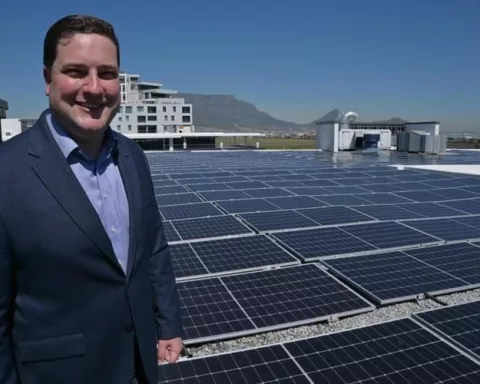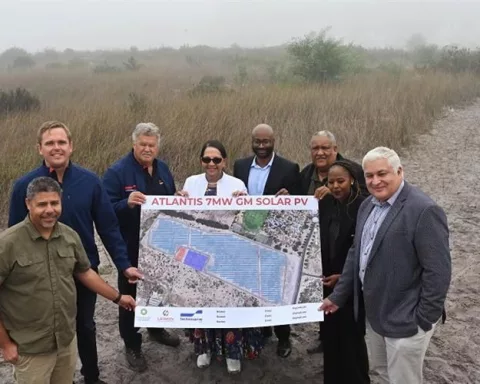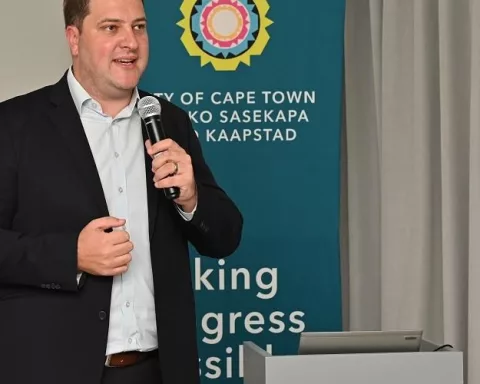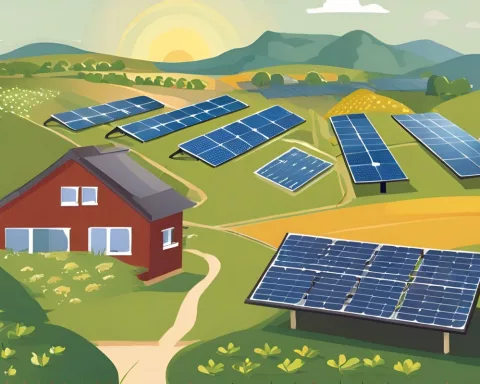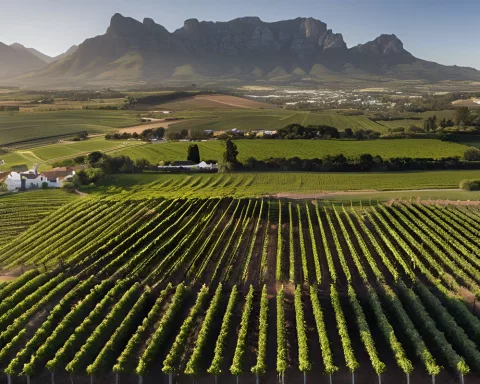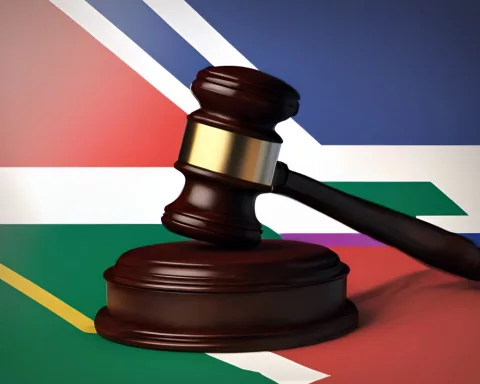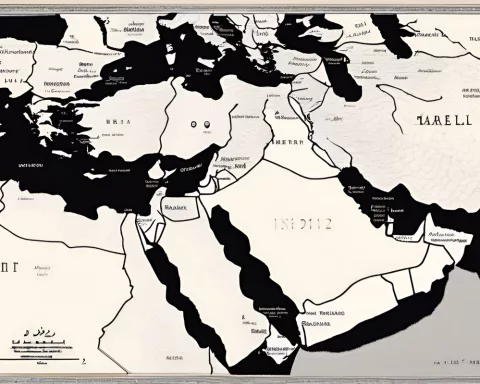South Africa is leading a global drive towards a low-carbon future through its participation in the Just Energy Transition, with international financial support from the World Bank, KfW, and AfDB. The loan agreements signify global recognition of South Africa’s energy transition strategy, reinforcing its commitment to a fair transition towards a durable, low-carbon economy. These agreements also strengthen international partnerships and highlight the transformative potential of sustainable energy in creating jobs and curbing greenhouse gas emissions.
South Africa is playing a leading role in the global Just Energy Transition, balancing economic advancement with a low-carbon future. International financial backing from the World Bank, KfW, and AfDB signifies global recognition of South Africa’s energy transition strategy, reinforcing its dedication to a fair transition towards a durable, low-carbon economy. These loan agreements signify shared objectives and partnerships in addressing the global climate crisis.
A Pivotal Role in the Just Energy Transition
South Africa is leading the way in a critical global drive known as the Just Energy Transition (JET), delicately balancing economic advancement with the urgency to evolve into a low-carbon economy. The venture, ambitious in its purpose, has received a boost through international financial backing. This support comes in the form of loan arrangements with globally recognized entities, such as the World Bank, Germany’s Kreditanstalt für Wiederaufbau (KfW), and the African Development Bank (AfDB).
The implications of these arrangements are far-reaching, going beyond the monetary aspect of the loans. They signify global recognition and affirmation of South Africa’s energy transition strategy and its dedication to a greener future. These loan agreements aren’t solely financial transactions; instead, they represent shared objectives and partnerships in addressing the global climate crisis.
Funds provided by KfW and AfDB are in alignment with the World Bank’s second Development Policy Operation (DPO), thus reinforcing South Africa’s dedication to a fair transition towards a durable, low-carbon economy. These loans are sovereign in nature, being granted directly to the National Treasury for general budget expenditure – an essential factor for spearheading the necessary modifications.
Strengthening International Partnerships
The loan agreements are integral to the National Treasury’s strategy of diversifying its international borrowing portfolio and accessing concessional financing tools offered by its development allies. This approach allows the National Treasury to secure funding at manageable rates, which assists in decreasing government public debt – a vital element in preserving the country’s economic stability.
The accords highlight the reinforcing of relationships between the governments of South Africa, Germany, the World Bank, and AfDB. They bring to light the effectiveness of collective efforts in achieving a common goal – a goal that transcends national boundaries to address a global issue: climate change.
It is essential to acknowledge the narrative encompassed within these agreements: a tale of international collaboration striving for a cleaner future, demonstrating the power of shared goals and mutual assistance. The narrative emphasizes the National Treasury’s gratitude for the World Bank, KfW, and the AfDB, their unwavering support for South Africa’s development objectives, and their dedication to the just transition.
Towards a Greener Economy
However, the story doesn’t conclude here. The funds garnered through these loan agreements will be directed into pivotal reforms within the climate change and electricity sectors. This marks a significant stride in South Africa’s path towards a more eco-friendly economy.
The support from the World Bank, KfW, and AfDB is not only an affirmation of South Africa’s Just Energy Transition Investment Plan, but also an endorsement of the country’s wider development ambitions. It recognizes South Africa’s potential, a country blessed with ample solar and wind resources, to emerge as a front-runner in renewable energy.
These agreements also allude to the transformative potential of sustainable energy. They depict the far-reaching impacts of the energy transition – ranging from job generation in renewable energy sectors to curbing greenhouse gas emissions and the ensuing positive effects on public health.
Through these bilateral loan agreements, South Africa has not only secured vital funding for its Just Energy Transition, but it has also fortified its international ties and established itself as a frontrunner in the worldwide drive towards a sustainable future. These alliances serve as a reminder that the challenge of climate change is a collective one, and solutions are most potent when conceived in the spirit of international cooperation and mutual support.
1. What is the Just Energy Transition?
The Just Energy Transition (JET) is a global drive towards a low-carbon future that balances economic advancement with the urgency to evolve into a low-carbon economy. South Africa is leading this critical venture.
2. Who is providing international financial support for South Africa’s Just Energy Transition?
The World Bank, Germany’s Kreditanstalt für Wiederaufbau (KfW), and the African Development Bank (AfDB) are providing international financial support for South Africa’s Just Energy Transition.
3. What do the loan agreements signify?
The loan agreements signify global recognition and affirmation of South Africa’s energy transition strategy and its dedication to a greener future. These agreements represent shared objectives and partnerships in addressing the global climate crisis.
4. How do the loan agreements strengthen international partnerships?
The loan agreements reinforce relationships between the governments of South Africa, Germany, the World Bank, and AfDB. They bring to light the effectiveness of collective efforts in achieving a common goal – a goal that transcends national boundaries to address a global issue: climate change.
5. What reforms will be funded through these loan agreements?
The funds garnered through the loan agreements will be directed into pivotal reforms within the climate change and electricity sectors. This marks a significant stride in South Africa’s path towards a more eco-friendly economy.
6. What is the transformative potential of sustainable energy?
The transformative potential of sustainable energy ranges from job generation in renewable energy sectors to curbing greenhouse gas emissions and the ensuing positive effects on public health. These agreements depict the far-reaching impacts of the energy transition.


